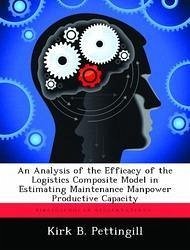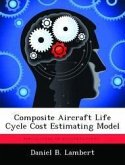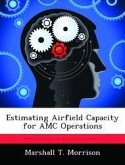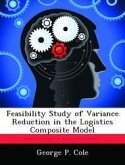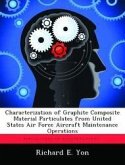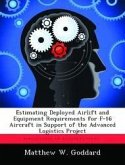The Logistics Composite Model (LCOM) is the tool of choice for many MAJCOM's (ACC, USAFE, AFMC) in determining maintenance manpower requirements. The LCOM is a simulation program capable of modeling the manpower, equipment, supplies, and facilities required to conduct aircraft maintenance activities. Manpower studies conducted with the LCOM result in manpower estimates that end up in Unit Manning Documents (UMD) as "LCOM earned," authorized positions. This research effort focuses on whether the LCOM can also be used to determine maintenance manpower's current capacity.Three different flying units at Cannon AFB, NM were modeled to determine if the LCOM, when programmed with historical data, would imitate the actual sortie production of those units that were realized during the previous annual flying period (FY2002).Based on the analysis and results presented, the researcher concludes that the LCOM can be a viable tool for this purpose but recommends that a standard set of "best practices" be developed and implemented by LCOM analysts to standardize the methodology and improve the reliability of results.

